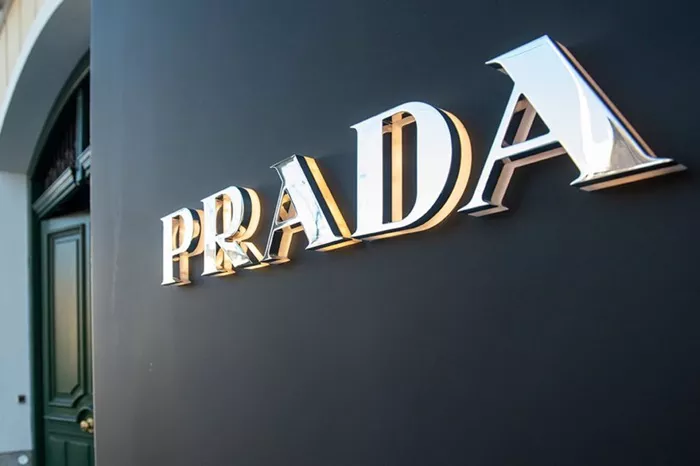Prada attempted to prevent “JIU JIU” from being registered as a trademark in Taiwan for a variety of third-category personal care products, but ultimately failed. In March this year, the Taiwan Intellectual Property Office rejected Prada’s objection in a ruling that the “JIU JIU” trademark registered by the Taiwanese company Dijia Co., Ltd. is not confusingly similar to the Prada Group’s MIU MIU trademark and can therefore be registered for cosmetics, including perfumes, shower gels, facial cleansers, etc.
Background: In December 2023, Luxembourg Merchant Pride Co., Ltd. filed an objection to the “JIU JIU” trademark on behalf of the Prada Group (hereinafter referred to as “Prada”), claiming that it is deceptively similar in appearance and pronunciation to its MIU MIU trademark registered in Taiwan.
Given that Prada has long used the MIU MIU brand name for luxury fashion and accessories, and has expanded its business through boutiques around the world, Prada believes that the similarity of the MIU MIU and JIU JIU marks, coupled with their use on closely related goods, may cause consumer confusion and misidentification.
Prada said that “JIU JIU” may be mistaken for being part of the MIU MIU brand “family of marks” or at least considered related to MIU MIU because the marks have a rhyming, repetitive structure and are used on similar cosmetics.
Dijia countered that “JIU JIU” and “MIU MIU” are different in spelling, pronunciation (/dʒju/ vs. /mju/) and overall consumer impression, making the two marks easy to distinguish both visually and phonetically. In addition, the company argued that its “JIU JIU” mark is distinctive and is unlikely to be confused with MIU MIU in the cosmetics market.
The Taiwan Intellectual Property Office issued a ruling on March 31, confirming that the Taiwan Trademark Act prohibits the registration of marks that may be confused with prior marks for similar goods. Although the goods in question – cosmetics, soaps, essential oils and other Class 3 products – are similar in function and market positioning, the IP Office found that the marks themselves are “less similar”.
Although both marks end in “-IU”, the IP Office found that the first syllables – “JIU” and “MIU” – are phonetically and visually distinct. The IP Office concluded that consumers with ordinary care and experience would not be misled into believing that there is a connection between the two.
Regarding consumers’ familiarity with the relevant marks, the IP Office found that neither party provided sufficient evidence to prove that “JIU JIU” or “MIU MIU” is widely recognized for Class 3 goods in Taiwan. Prada’s supporting materials focused mainly on fashion goods such as shoes and bags, and although Prada demonstrated the prominence of MIU MIU in the luxury apparel sector, the IP Office found that it failed to establish market awareness of the brand in the beauty and personal care sectors.
Dijia submitted business data and advertising examples involving “Jiujiu” brand masks and perfume products, but much of the evidence lacked clear dates or product labels. Even so, the Intellectual Property Office ruled that the case did not meet the conditions for dismissal because Prada had the burden of proof to prove the possibility of confusion.
The ruling is also notable because it comes at a time when MIU MIU business is booming. Prada Group reported that MIU MIU’s retail sales increased by 60% in the first three months of 2025, indicating that consumer demand is surging.
The brand also ranked second in Lyst’s “Hottest Brands” index in the first quarter of 2025, second only to LOEWE. Despite the surge in popularity, the ruling shows that even during its breakthrough period in the fashion industry, its fame in the fashion field does not guarantee it trademark protection in unrelated product categories or jurisdictions.
As beauty and personal care become strategic expansion categories for fashion brands, more cross-category brand identity and consumer perception conflicts may emerge.


